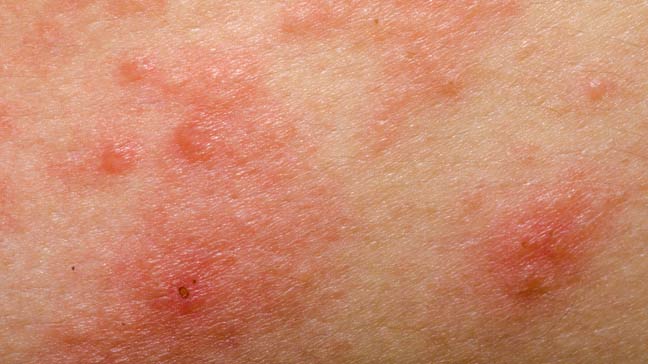Allergic Skin Allergies and the Effects of Allergens

Allergic reactions cause many allergic reactions in different parts of the body, including the respiratory tract, skin and eyes
A common allergic reaction is asthma. In some cases, allergies may cause allergic reactions in the lungs, sinuses, eyes, mouth or lining of the abdomen or stomach. In some more severe cases, anaphylactic shock (an-a-lek-zee-sis) may occur.
Allergic reactions to certain substances in food, dust, pollen, animals, plants, chemicals, and even household cleaning products are called allergenic reactions. Most often, an allergic reaction occurs to food or medicines that cause the allergy, but some other substances can also cause allergic reactions.
There are several types of allergic reactions, and not every type of allergic reaction is caused by a specific allergen. Allergens can cause an allergic reaction in two ways – direct contact or inhalation. Most often, an allergic reaction occurs upon contact with an allergen, and allergic reactions usually occur immediately.
Most people who are allergic to one substance experience an allergic reaction when they come into contact with another substance that causes the allergic reaction. But what happens when they come into direct contact with the allergen? The allergen is inhaled and passed into the lungs and bloodstream. The body cannot distinguish an allergen from a healthy substance and begins to produce antibodies against the allergen. Information about this and other diseases can be found on the website https://www.sa-mp.in.th/.
Allergens are foreign proteins that can interfere with the function of the immune system and cause an allergic reaction. Some allergens cause allergic reactions when they enter the bloodstream, while others cause allergic reactions later after the protein has entered the bloodstream. An allergen will start producing antibodies if it is absorbed into the bloodstream and will also bind to receptors on the surface of immune cells, causing damage. When immune cells are damaged, the body's ability to fight infections is reduced and the body becomes vulnerable to infections.
Allergic reactions caused by a specific allergen can be divided into two types – chronic and acute. A chronic allergic reaction lasts longer than an acute allergic reaction because the body's immune system does not work efficiently enough to prevent the reaction from occurring.

Acute allergic reactions can last from hours to days. while the chronic allergic reactions may last weeks or even months. Acute allergic reactions include anaphylactic shock, which may occur suddenly in some cases; bronchial or pulmonary inflammation; rashes and hives; coughing; wheezing, difficulty breathing or chest pain; hives; diarrhea; hives; and hives.
Symptoms of allergic reactions depend on the specific allergens and their duration. Most people react to the same allergens in similar ways, but some people react differently to these allergens.
Allergic reactions also depend on the person's lifestyle and the environment he lives in. Some people who are allergic to dust are not affected by it if they wear a dust mask while they are sleeping or use air filters in their home. Other individuals are more sensitive to the effects of dust. They can be allergic to dust if they have pets or live in a house where the humidity levels are high. And even if you live in an apartment where the humidity level is low, dust particles can still trigger an allergic reaction.
It has been proven that allergic reactions can also be caused by allergic skin allergies, although there is no evidence that shows that it is true. People who have dry and sensitive skin can be allergic to dust, pet dander, mold, and mold spores. If your children play in a home that has a lot of dust, they could become allergic to dust mites, mold spores, and even pet dander.
In the past, doctors used to tell people who were allergic to mold, pet dander, or pollen that the only way to cure them is to remove all of the allergenic particles. Nowadays, there are anti-allergic creams, cleansers, and sprays available that can treat the allergens that can cause allergic reactions without removing the particles from the skin or the body.
Allergy sufferers should take extra care of themselves by keeping their skin clean and free of dust, bacteria, and dirt. Clean the house regularly and clean the air filter in order to reduce their risk of developing allergic reactions. Skin and air filters can be found in many stores.
